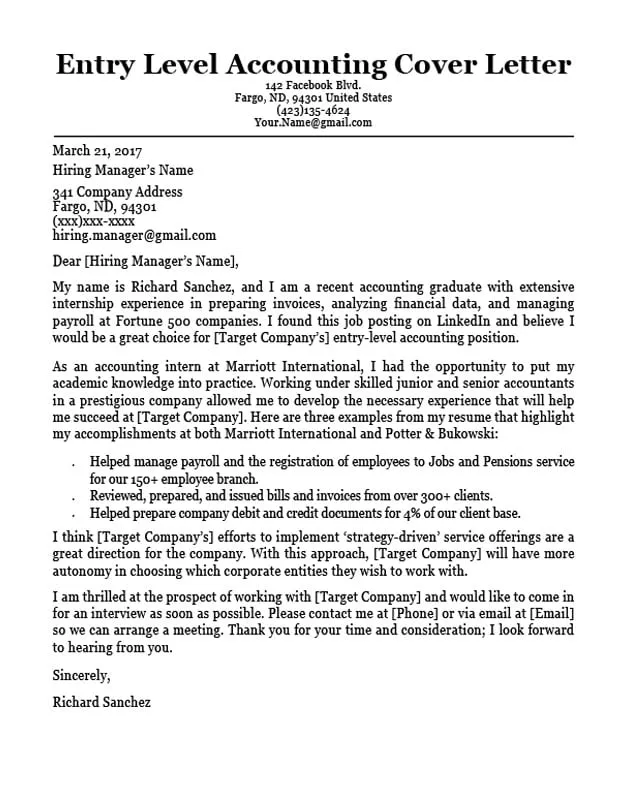Essential Cover Letter Elements for Accounting Internships
A well-crafted cover letter is your first impression and a crucial step in securing an accounting internship. It’s your chance to showcase your skills, express your enthusiasm, and demonstrate why you’re the ideal candidate. This guide will walk you through the essential elements of an impactful cover letter, ensuring you make a lasting positive impression on potential employers. From formatting to content, we’ll cover everything you need to know to create a cover letter that stands out and gets you noticed. Remember, the goal is to go beyond simply listing your qualifications; you want to tell a compelling story that shows your potential and eagerness to learn and contribute to their team.
Your Contact Information and the Recipient’s
Start with a professional header. Include your full name, address, phone number, and email address. Ensure your email address sounds professional. Directly below, include the date and the recipient’s information—the hiring manager’s name (if known), their title, the company name, and the company’s address. This section sets the tone and demonstrates your attention to detail. Using the correct name and title shows you’ve taken the time to research the company and understand the person who will be reviewing your application. Accuracy here is vital; a small mistake can undermine your credibility from the start. Double-check all details before finalizing your cover letter.
Formatting Your Header
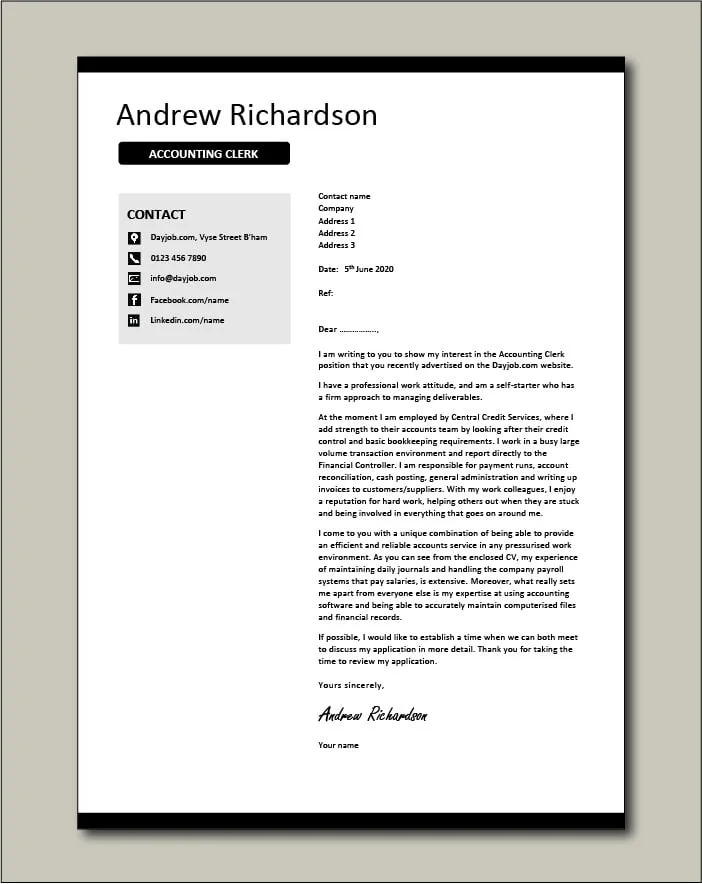
Maintain a clean and professional format. Use a clear, easy-to-read font like Times New Roman, Arial, or Calibri, with a font size between 10 and 12 points. Ensure consistent spacing throughout the header. The goal is to create a visually appealing document that is easy for the reader to navigate. Proper formatting demonstrates professionalism and attention to detail, which are crucial in the accounting field. Avoid using elaborate fonts or excessive formatting, as they can distract from your content. Instead, focus on clarity and readability, which shows respect for the reader’s time and attention.
Writing a Compelling Opening
The opening paragraph is your hook. It should immediately capture the reader’s attention and explain why you’re writing. State the specific position you are applying for and how you learned about it. If you were referred by someone, mention their name. Express your genuine interest in the internship and the company. Avoid generic phrases; instead, personalize your introduction to show you’ve researched the company and understand their mission or values. Your opening should create a sense of excitement and anticipation, encouraging the hiring manager to read further. This is your chance to make a strong first impression and set the tone for the rest of your cover letter.
Highlighting Your Interest and Skills
In the body of your cover letter, highlight skills relevant to accounting. Mention any coursework, projects, or experiences that demonstrate your abilities. Focus on skills like attention to detail, analytical thinking, problem-solving, and proficiency in accounting software such as QuickBooks or SAP. Provide specific examples that show how you have utilized these skills in the past. This could include managing a budget, preparing financial reports, or reconciling accounts. Whenever possible, quantify your achievements to provide concrete evidence of your capabilities. For instance, mention the percentage increase in efficiency you achieved or the specific cost savings you contributed to.
Showcasing Relevant Coursework
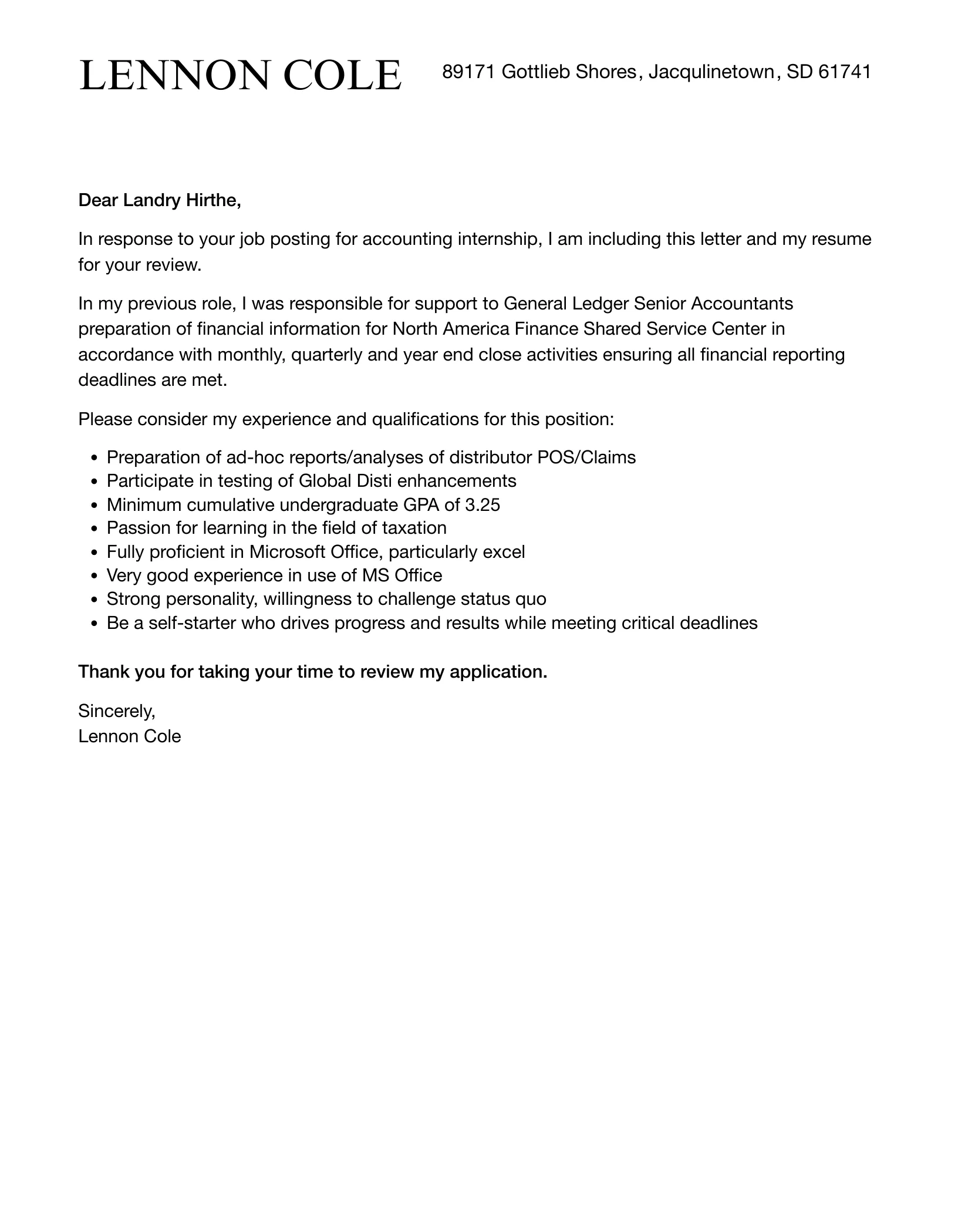
Emphasize the accounting-related courses you have taken. Highlight courses like financial accounting, managerial accounting, auditing, and tax accounting. Explain how these courses have equipped you with the knowledge and skills needed for the internship. If you have completed any projects or assignments related to the internship’s responsibilities, briefly describe them. This demonstrates your academic foundation and ability to apply theoretical concepts to practical scenarios. Mention any outstanding grades or achievements in these courses, but do so concisely. The aim is to prove you have the fundamental knowledge necessary to succeed.
Demonstrating Technical Skills
Accounting internships often require proficiency in specific software and tools. List any software you are familiar with, such as Microsoft Excel (including advanced functions), accounting software (QuickBooks, Xero, SAP), and data analysis tools. If you have any certifications related to these tools, be sure to mention them. Even if you are new to some software, show your willingness to learn and adapt. Describe your experience with using technology in your academic or professional settings. Illustrate your technical abilities with concrete examples and ensure these align with the job requirements.
Expressing Enthusiasm for the Role
Demonstrate your genuine interest in the specific internship. Research the company and mention why you are attracted to their values, culture, or mission. Explain how this internship aligns with your career goals. Show that you understand the responsibilities of the role and are excited about the opportunity to contribute. Avoid generic statements; show that you have taken the time to learn about the company and the position. Your enthusiasm should shine through, indicating your passion for accounting and your willingness to go the extra mile. This level of engagement can set you apart from other applicants.
Structuring the Body Paragraphs
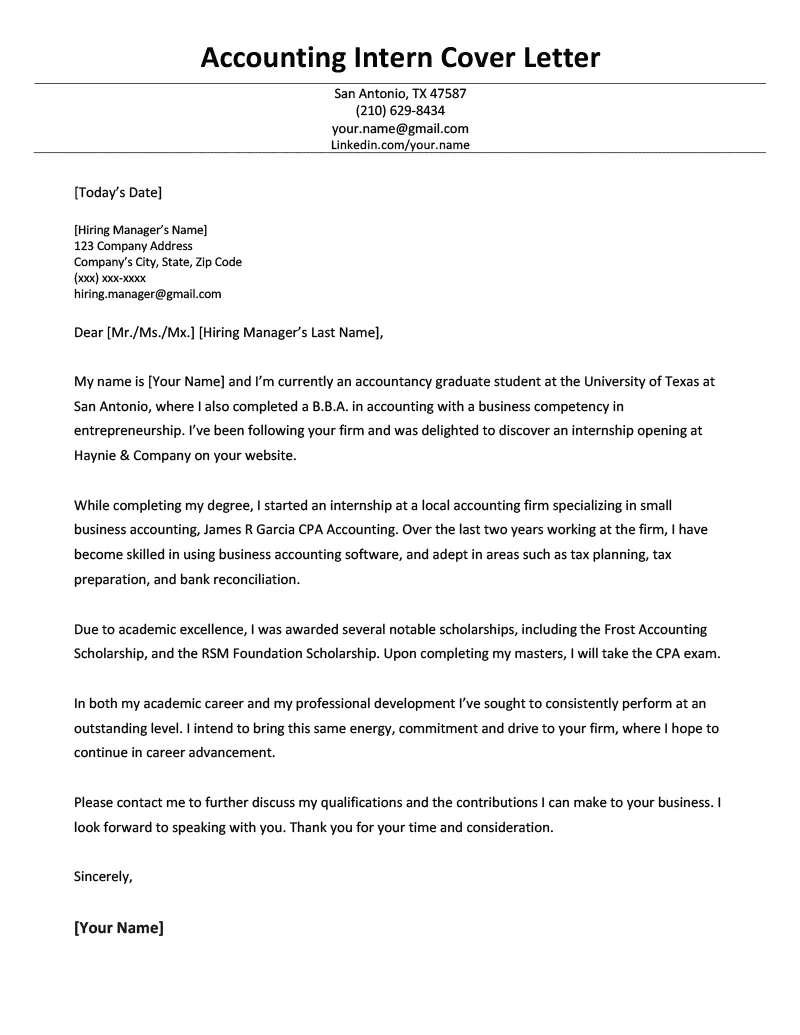
Organize your body paragraphs logically, using a clear structure. Use the STAR method (Situation, Task, Action, Result) or CAR method (Challenge, Action, Result) to provide specific examples. Start with a brief overview of the situation or challenge, describe the task you were assigned, explain the actions you took, and then highlight the results or outcomes. This structure allows you to demonstrate your skills effectively and quantify your accomplishments. Keep the paragraphs concise and focused on relevant experiences. The goal is to showcase your ability to handle responsibilities, solve problems, and achieve results.
Quantifying Your Accomplishments
Whenever possible, quantify your accomplishments. Instead of saying, “Improved efficiency,” state, “Improved efficiency by 15% by implementing a new filing system.” Use numbers, percentages, and data to illustrate your impact. This provides concrete evidence of your capabilities and adds credibility to your claims. For example, if you managed a budget, specify the amount and any cost savings or improvements you achieved. If you prepared financial reports, mention how many reports you prepared and any improvements made to their accuracy or timeliness. Quantification helps you stand out by providing tangible evidence of your value.
Tailoring to the Specific Internship
Customize your cover letter for each internship you apply for. Carefully review the job description and identify the key skills and qualifications the employer is seeking. Adjust your cover letter to highlight the experiences and skills that match those requirements. Show that you have researched the company and understand their needs. Avoid using a generic template; instead, personalize your letter to show that you are genuinely interested in the specific opportunity. This demonstrates your attention to detail and commitment, making you a more attractive candidate. Addressing the specific requirements in the job description shows you’ve taken the time to ensure your application is relevant.
Closing Your Cover Letter Effectively
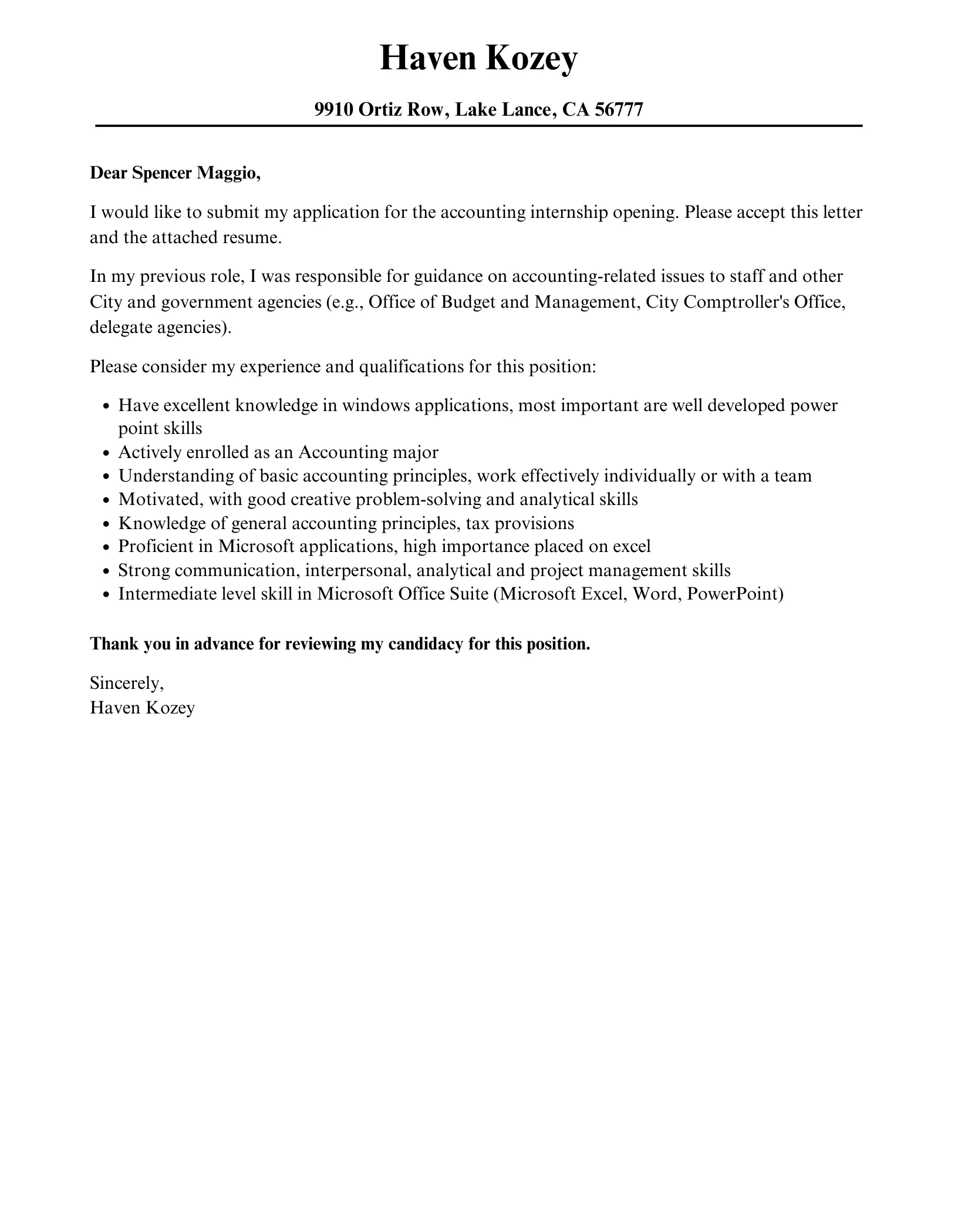
Your closing is as crucial as your opening. It should summarize your interest, express gratitude, and include a clear call to action. Reiterate your enthusiasm for the internship and your belief that you would be a valuable asset to the team. Make sure your closing is professional and leaves a positive lasting impression. A well-crafted closing paragraph wraps up your message, reinforcing your key points and setting the stage for the next step in the application process.
Expressing Gratitude
Thank the hiring manager for their time and consideration. Express your appreciation for the opportunity to apply. This shows respect and professionalism. A simple, heartfelt thank you can make a significant difference in making you stand out. It is a mark of courtesy that makes a positive final impression.
Call to Action
End with a clear call to action. State your availability for an interview and express your eagerness to discuss your qualifications further. Provide your contact information again, ensuring it is easy for the hiring manager to reach you. Make it as easy as possible for them to take the next step. A strong call to action makes it clear that you are enthusiastic and proactive. You can end with a phrase like, “I am eager to discuss how my skills and experience can benefit your team. Thank you for your time and consideration. I look forward to hearing from you soon.” or “I welcome the opportunity to discuss my application further. You can reach me at [phone number] or [email address].”
Proofreading and Editing
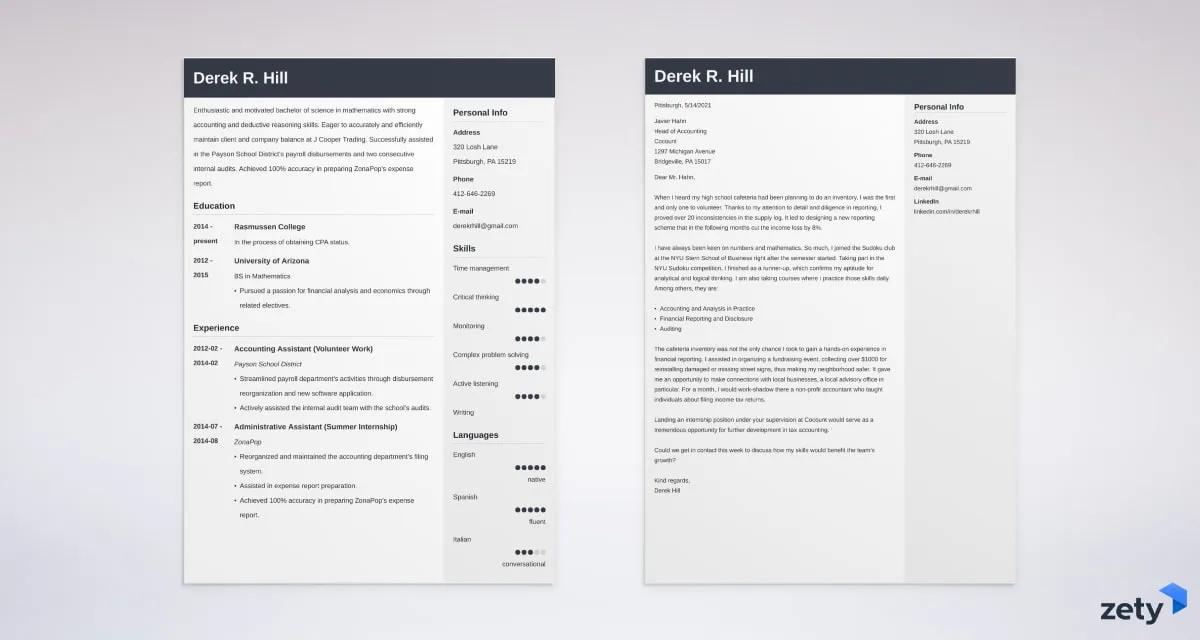
Before submitting your cover letter, thoroughly proofread and edit it. Check for any grammatical errors, typos, or inconsistencies. Ensure the formatting is consistent and professional. Consider having a friend or career counselor review your cover letter for feedback. Attention to detail is crucial in accounting, and your cover letter is a direct reflection of your professionalism. Errors can create a negative impression, so take the time to review and edit your document meticulously. Proofreading helps demonstrate your commitment to accuracy.
Common Mistakes to Avoid
Avoid common pitfalls that can undermine your application. The following sections highlight mistakes to steer clear of to ensure your cover letter strengthens your application.
Typos and Grammatical Errors
One of the most significant mistakes is including typos or grammatical errors. These errors immediately reduce your credibility and demonstrate a lack of attention to detail. Proofread your cover letter multiple times, and use a grammar checker to catch any mistakes. Asking a friend or career advisor to review your letter can also help you catch errors you may have missed. A clean, error-free cover letter shows that you are professional and committed to excellence.
Generic Language
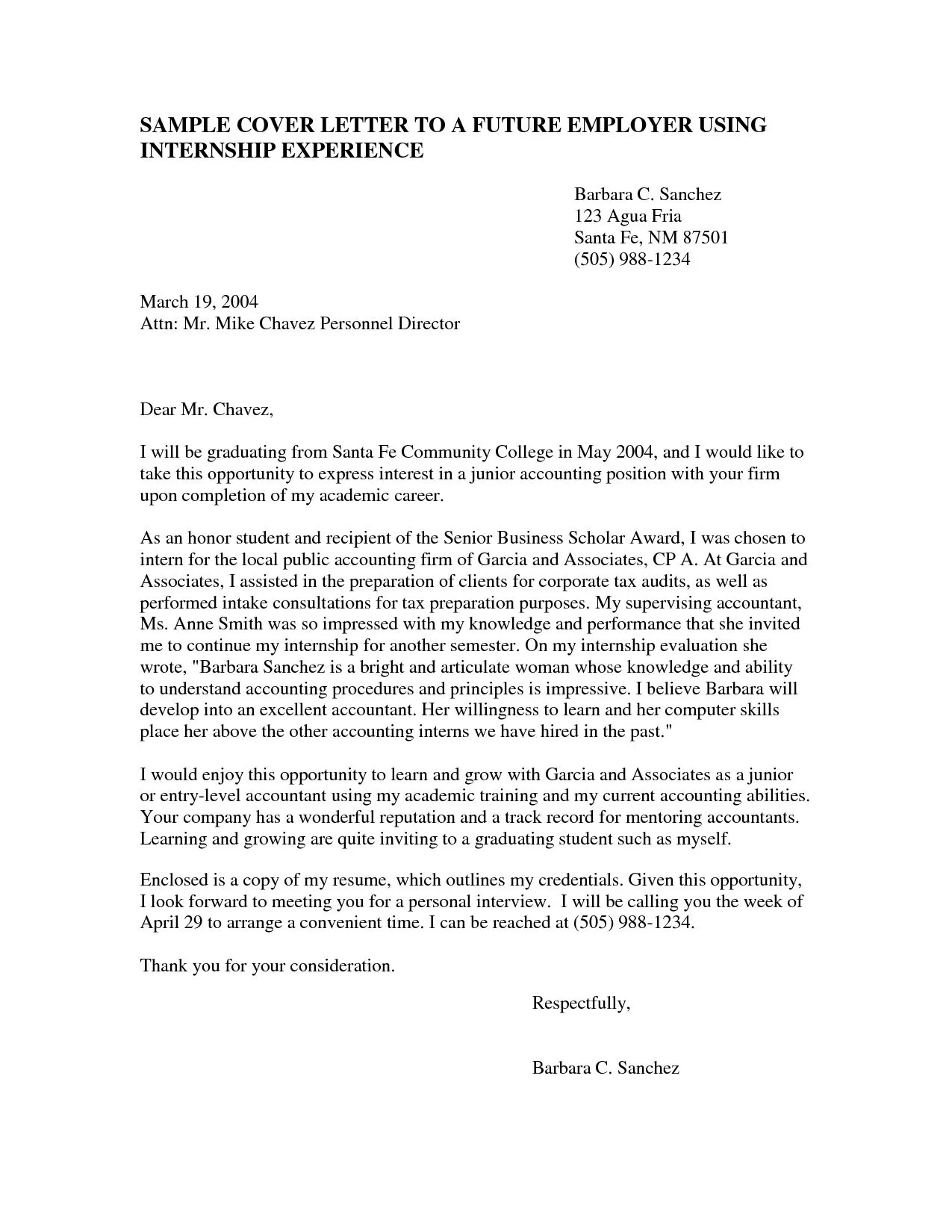
Avoid using generic phrases that could apply to any job or company. Instead, customize your cover letter to the specific internship and company. Show that you have researched the company, understand their mission, and are genuinely interested in the opportunity. Generic language makes your application seem less sincere and less tailored to the role. Demonstrate a genuine interest by including specific details, mentioning their values, and showing how your skills align with their needs. The more specific and personalized your cover letter, the better.
Ignoring the Job Description
Failing to address the requirements listed in the job description is a major mistake. Tailor your cover letter to highlight the skills and experiences that match the employer’s needs. Show that you understand what the internship entails and how you can contribute to the team. Ignoring the job description suggests you have not taken the time to properly review the position. Focus your cover letter on the key skills and qualifications they are seeking. Your cover letter will be much more effective if you align the content with the specific requirements and objectives of the role.
Length and Formatting
Keep your cover letter concise and well-formatted. Aim for a length of one page. Use a clear and easy-to-read font, and ensure consistent spacing throughout. Avoid overly complex formatting, which can distract from your content. A well-formatted, concise cover letter is easier for the hiring manager to read and assess. Focus on clarity and organization, making it simple for the recruiter to find the information they need.
